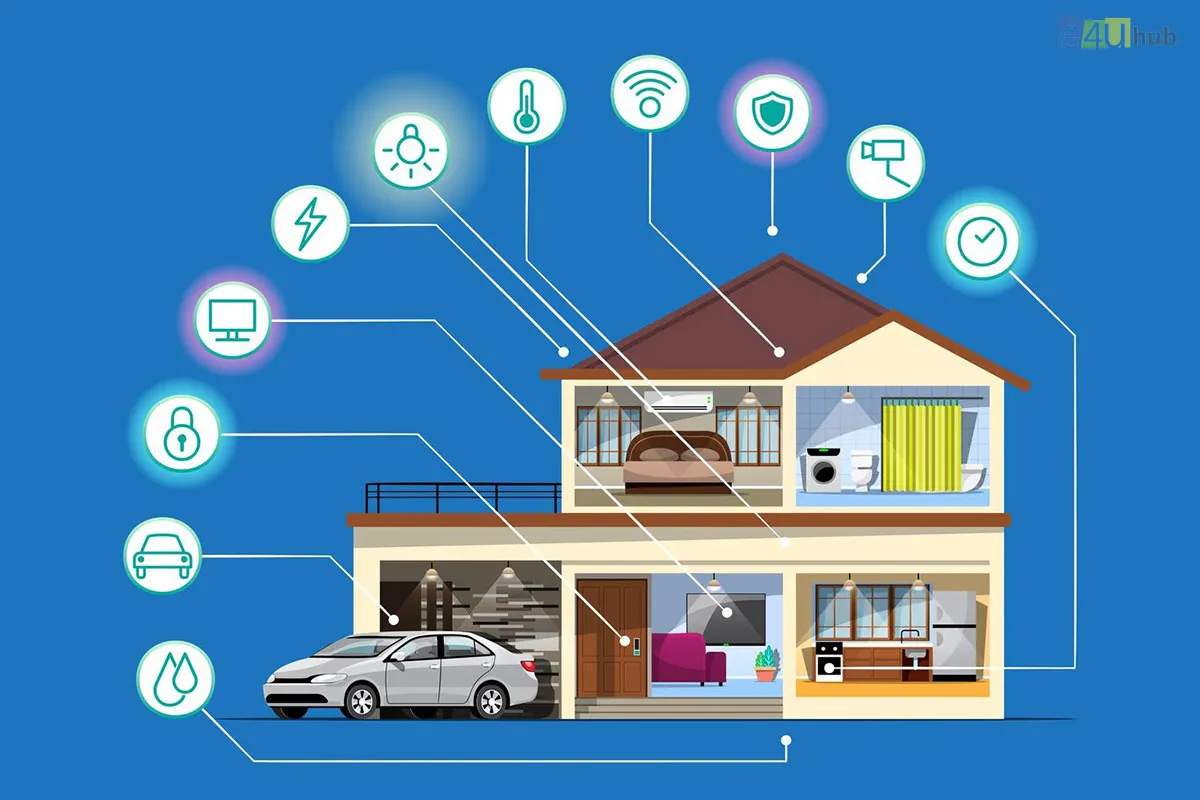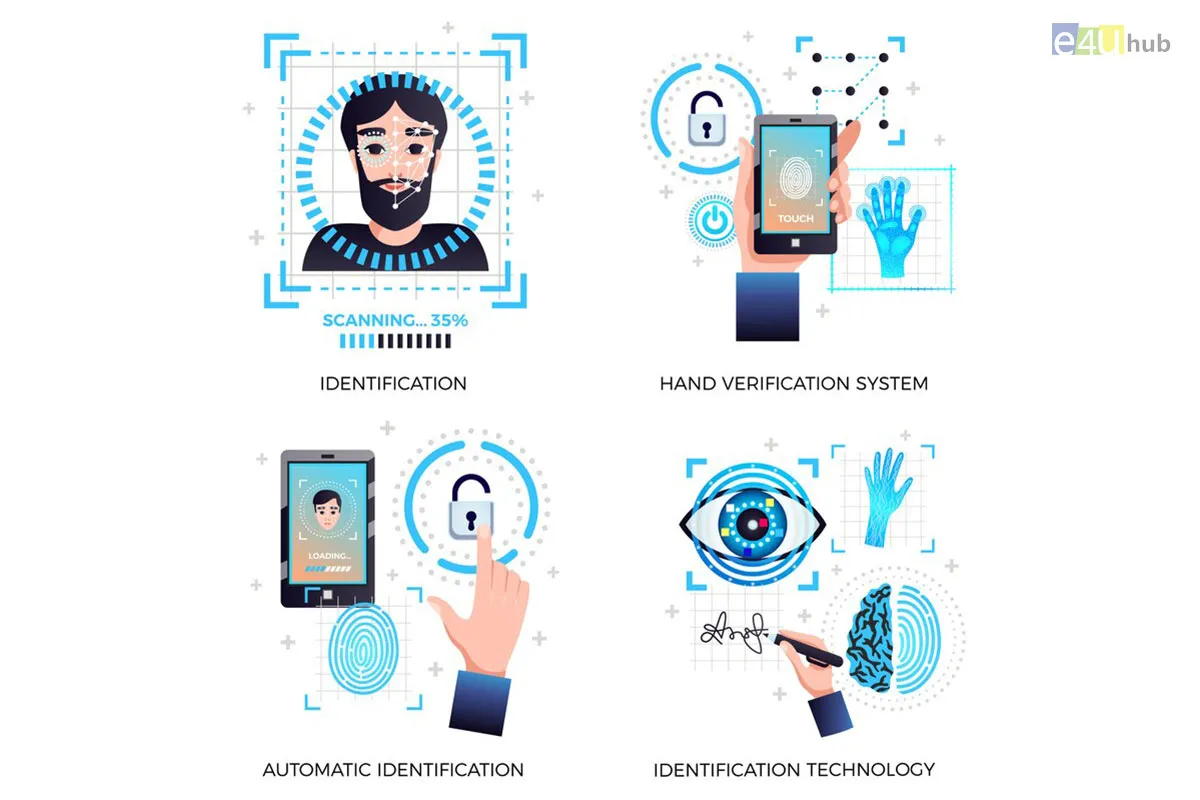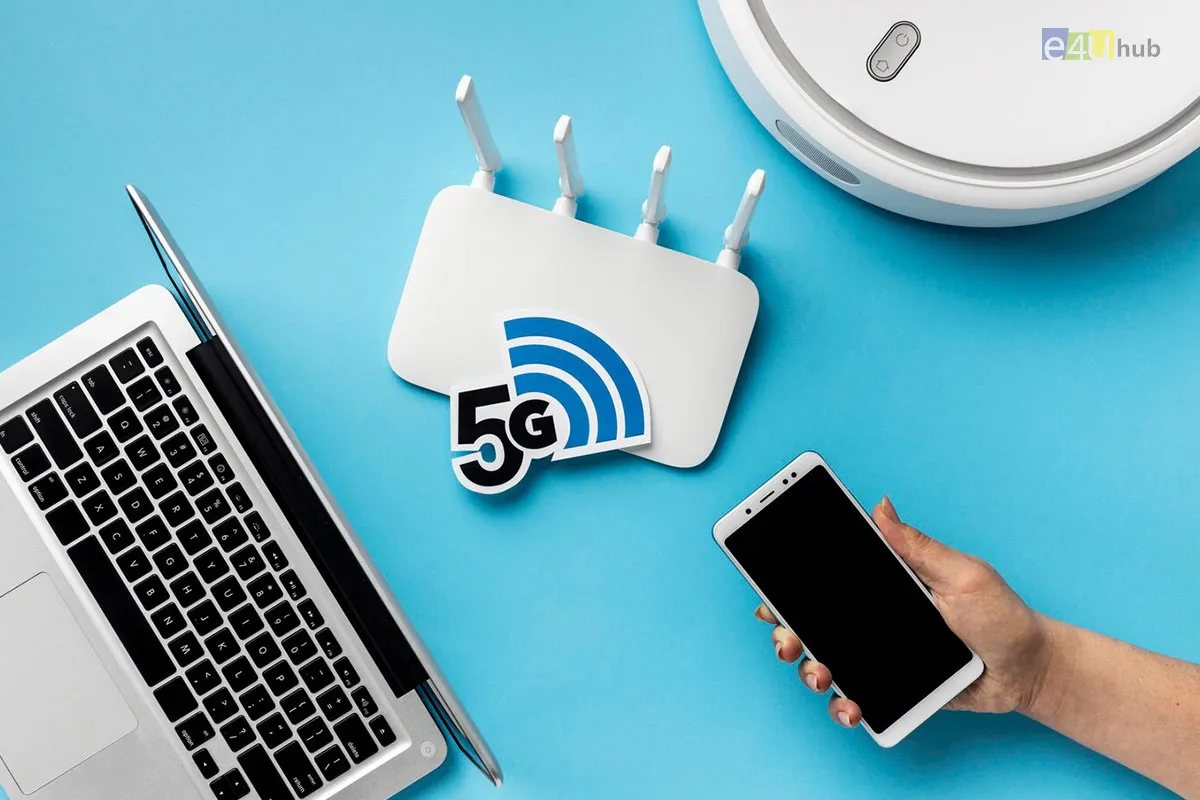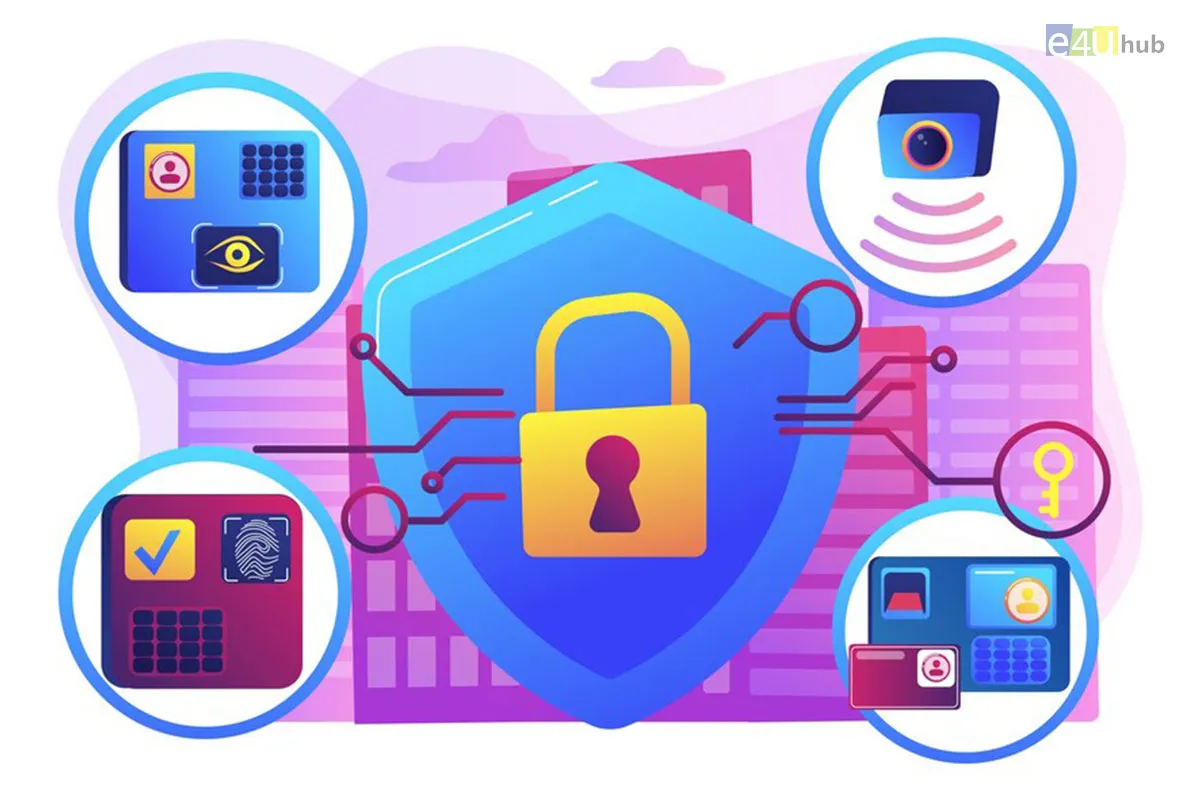
Interesting facts on Smart Home Technology
- 25 Oct, 2023
- Tech
- 749 Views
- 0 Comments
Smart home technology is a fascinating field that has seen rapid advancements in recent years. Here are some interesting facts about smart home technology:
1. Market Growth: The global smart home market has been experiencing significant growth. It is estimated to reach several hundred billion dollars in value in the coming years, indicating the increasing adoption of smart home devices worldwide.
2. Voice Assistants: Voice-controlled assistants like Amazon's Alexa, Google Assistant, and Apple's Siri are integral to many smart home setups. They allow users to control devices, play music, answer questions, and even provide weather updates, all through voice commands.
3. Energy Efficiency: Smart home technology can help in reducing energy consumption. Smart thermostats, for example, can learn user habits and adjust heating and cooling patterns accordingly, leading to energy savings and lower utility bills.
4. Security and Surveillance: Smart home security systems offer advanced features such as remote monitoring, motion detection, and real-time alerts. Users can monitor their homes from anywhere using smartphones, ensuring peace of mind even when they are away.
5. Interconnected Devices: Smart home devices can communicate with each other. For instance, a smart doorbell can be programmed to turn on the lights when someone approaches the door, enhancing both security and convenience.
6. Health and Wellness: Smart home technology is increasingly being integrated with healthcare. There are devices that can monitor vital signs, remind users to take medication, and even summon help in case of emergencies, especially beneficial for the elderly and individuals with health conditions.
7. Customization and Automation: Smart home systems allow for high levels of customization. Homeowners can automate routines, like setting lights to turn on and off at specific times, creating a personalized and comfortable living environment.
8. Device Diversity: Smart home technology encompasses a wide range of devices beyond the typical thermostats and security cameras. Smart refrigerators, ovens, door locks, and even curtains are available, making nearly every aspect of home life controllable through smart devices.
9. DIY Installation: Many smart home devices are designed for easy installation, encouraging homeowners to set up their systems without professional help. This ease of installation has contributed to the widespread adoption of smart home technology.
10. Privacy Concerns: With the increased connectivity, there are concerns about privacy and data security. Smart home device manufacturers are continuously working to enhance security features and protect user data from potential threats.
These facts illustrate the diverse and transformative nature of smart home technology, showcasing its potential to enhance convenience, security, and energy efficiency in households around the world.















Leave a Reply